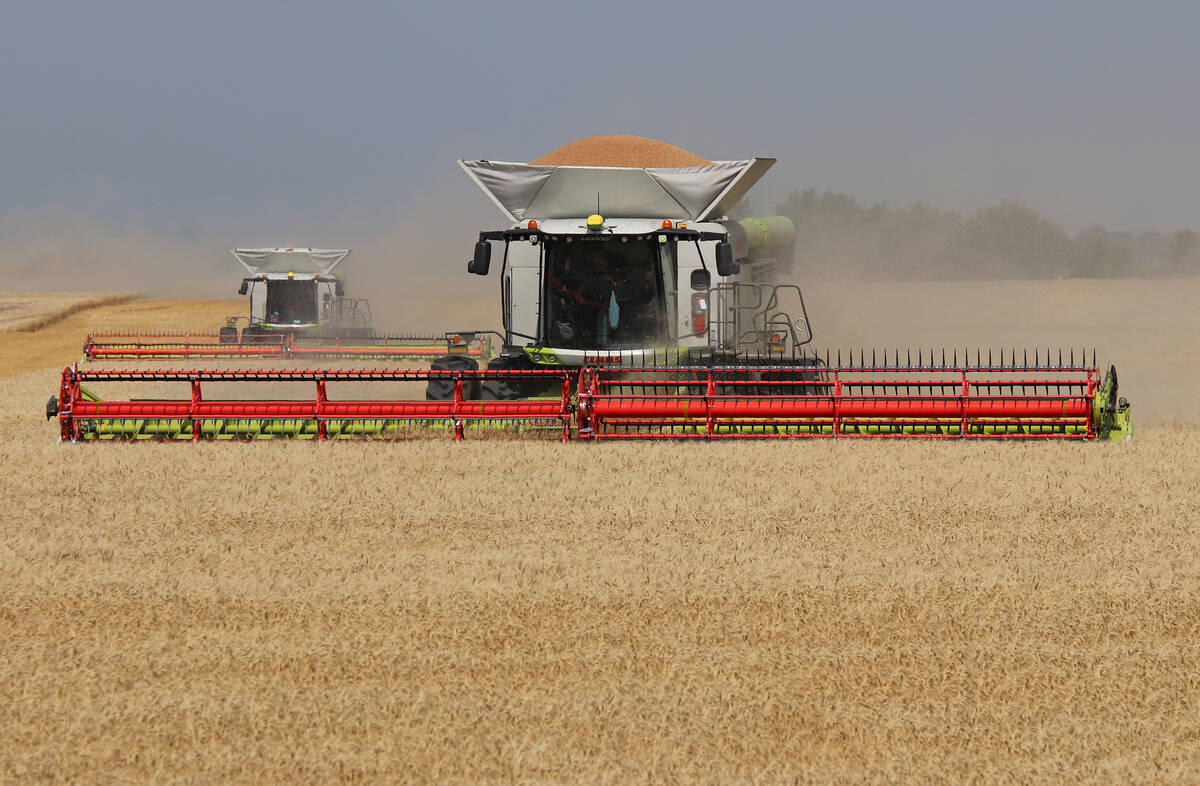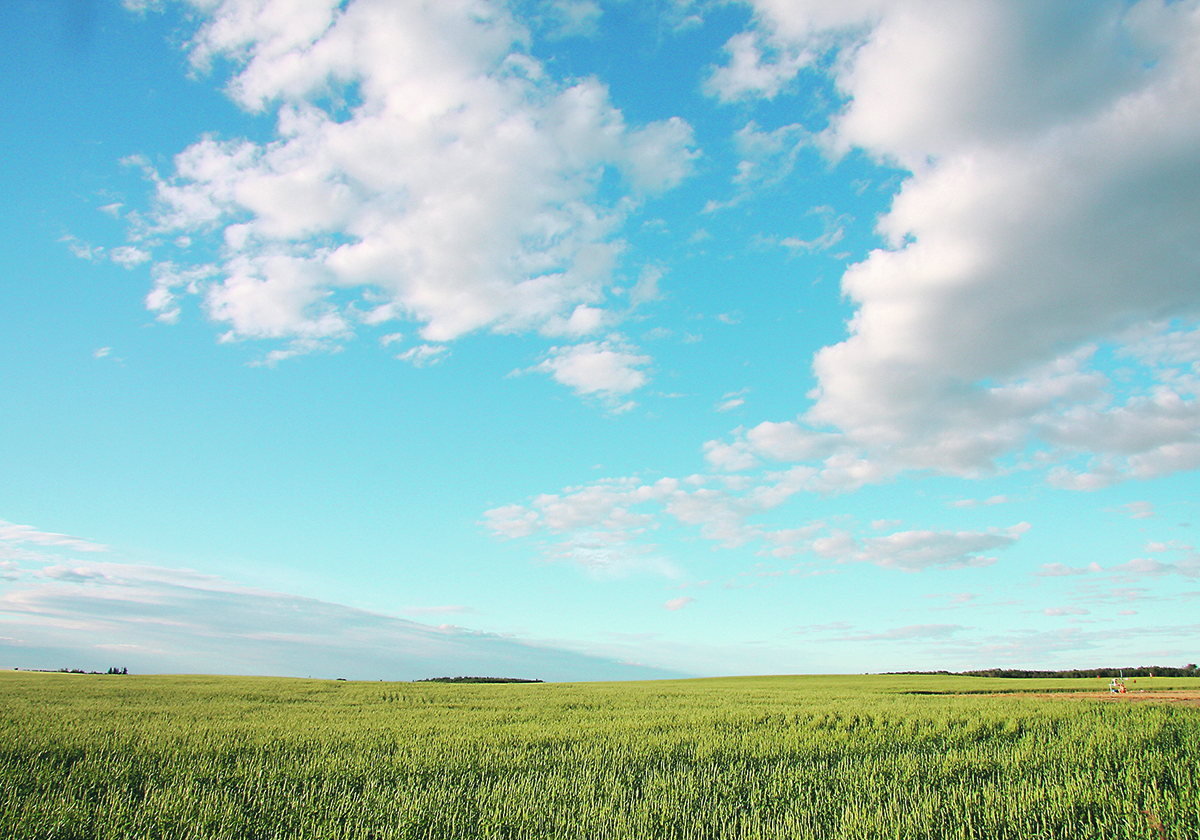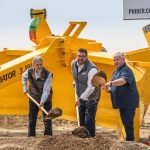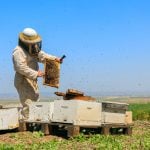New report recommends stronger measures, but Sask. agriculture minister says processes have already been improved
REGINA — Agriculture minister Daryl Harrison is confident there is no unauthorized foreign ownership of Saskatchewan farmland.
He said processes at the Farm Land Security Board were already being improved before last week’s report from provincial auditor Tara Clemett, which recommended stronger procedures.
Related story in this issue:
“I don’t think they completely know,” she said in an interview, when asked if there is foreign ownership.
Read Also

China’s grain imports have slumped big-time
China purchased just over 20 million tonnes of wheat, corn, barley and sorghum last year, that is well below the 60 million tonnes purchased in 2021-22.
“We identified transactions out there that they should be looking at.”
Saskatchewan law limits non-Canadian individuals or corporations and publicly traded companies to 10 acres, but the board grants exemptions to companies such as foreign-owned mining firms and agricultural businesses.
For example, the recent sale of AGT Foods’ short-line rail companies required an exemption. Companies such as Nutrien, Viterra and BASF all have exemptions in various locations.
The board approved 140 exemptions in the last five years.
“Renewable energy has been the big chunk of the exemptions in the last two, three years,” said board manager Kim McLean.
“If it was a Canadian owned company the board would have no need, but the second there’s any foreign investment, foreign ownership, then they have to come through the board.”
The auditor’s office tested 18 transactions it considered higher risk, as in the corporations were not registered in Saskatchewan, and found the board didn’t ask for statutory declarations in half of the cases.
However, it also assessed higher-risk transactions between Aug. 1, 2023, and July 24, 2024, and found them all to be compliant. They included five individuals with foreign addresses who held more than 10 acres, 18 sales worth more than $10 million and 16 purchasers with more than 60 land title changes.
It found the board was reviewing transactions after they occur and that it didn’t have escalation procedures to take steps when documents were not provided.
“We found the board requested eight statutory declarations since 2020 where it did not receive responses; the board remains unable to conclude whether these eight purchasers complied with the act,” the auditor’s report said.
The report also noted the board had issued five orders to sell land that was inappropriately obtained.
It recommended 10 ways the board could improve its processes, such as making the provision of statutory declarations mandatory. These are legal documents that attest to citizenship and funding sources for the purchase. Clemett said the province could go a step further and ask for permanent resident cards or passports.
It also wants a better way to control foreign leasing of farmland. It tested 30 agricultural crown leases and didn’t find any foreign lessees, but Clemett said there should be a central list.
Rumours abound that foreigners own significant amounts of farmland, but Harrison said that is coffee shop talk.
Andre Magnan, a University of Regina sociologist who has researched farmland ownership for years, said locals will often suspect buyers who purchase land for investment reasons.
“Quite honestly, I think that sometimes people will see the spelling of someone’s name on a land title or a transaction and they will assume that person is a non-Canadian,” he said.
Magnan said his research indicates there aren’t any large foreign corporations owning or buying farmland, and the rules have been enforced quite stringently.
“The people who are purchasing large swaths of farmland are very open about it, aren’t they?” he said.
“People like Robert Andjelic, and there’s Bonnefield Financial from Toronto and Veripath from Calgary.”
Magnan added farmland is a sensitive issue and an important resource, so it’s important the auditor looked at it.
Bill Prybylski, president of the Agricultural Producers Association of Saskatchewan, said he often hears people say they are quite sure there is foreign-owned farmland, and there could be room to improve the board’s processes.
Harrison, during an appearance at the APAS annual meeting, said the most important finding in the auditor’s report is that there are no confirmed instances of foreign ownership.
“I can assure you today that as a landowner and a producer myself, I am committed to ensuring this remains the case,” he said.
In an interview, he said the ministry will review all the auditor’s recommendations. Last year the board asked the government for legislative changes to make compliance with legislation a prerequisite before registering title changes.
“I want the farmers and ranchers and the public to be confident in the Farm Land Security Board,” he said.
The auditor’s office typically does follow-up audits in two or three years to check progress on its recommendations.
















